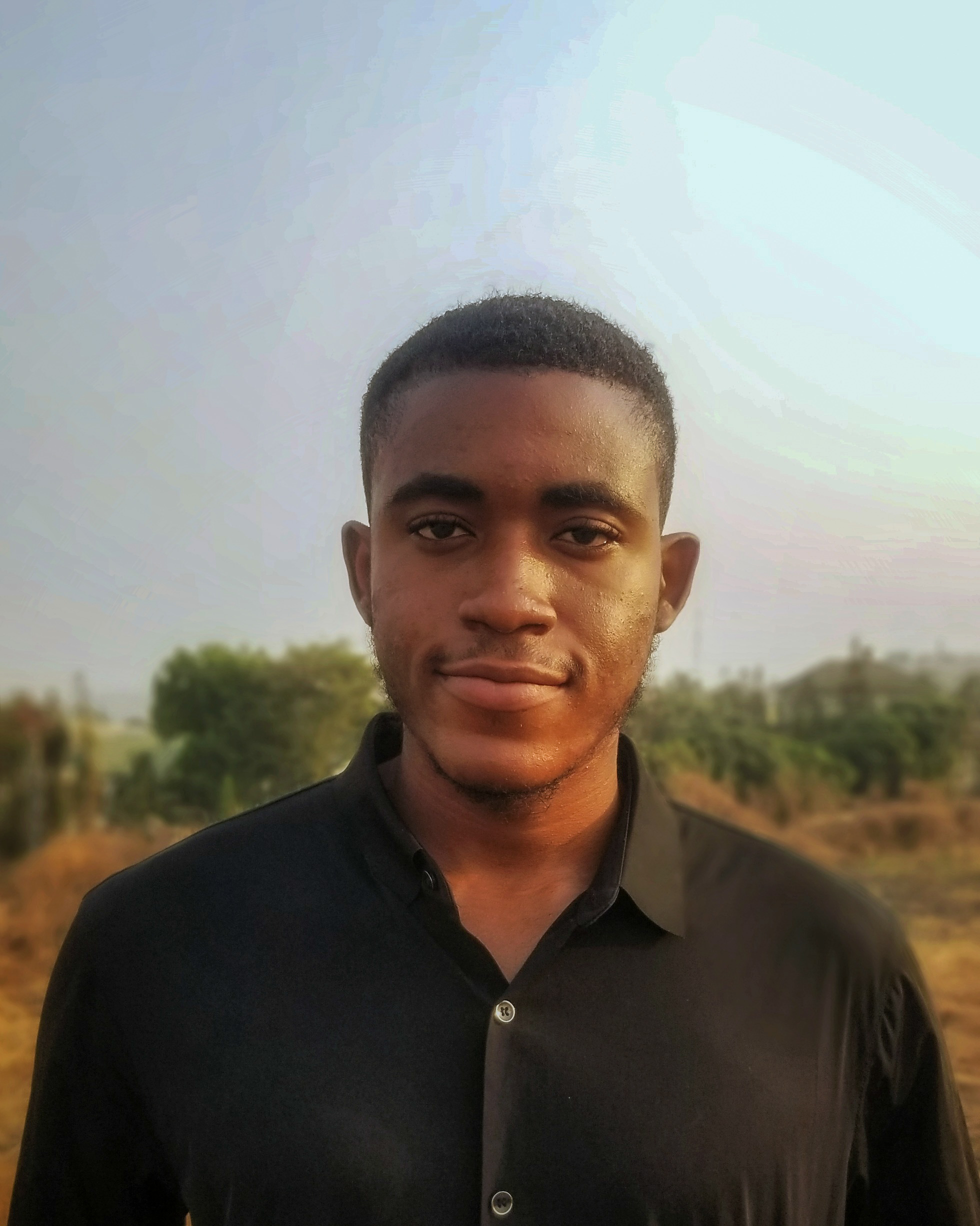
Please note: this article includes sensitive topics that some people might find difficult. Please visit our Resources Page for help.
The memory of the 2nd is innocuous. I am late that day, so I throw on my long-sleeve button-down and toss my tie in the most basic of knots. Cufflinks. Socks. Shoes. A spritz of cologne. I am out the door with my bag slung over one shoulder. There is a line of slow-moving cars leading up to the teaching hospital, tricycles weaving dangerously around and between them. It is 8 am, and the morning rush makes the road slow down. I throw myself into traffic on foot and wish that the consultant urologist is caught somewhere there, hissing behind her wheel so that I might arrive before her. I do not. She made me deliver a presentation as punishment.
The 7th is a Monday. First day in a new unit in this seemingly never-ending slog that is medical school. This time, the new unit is Trauma Surgery. It is a slow day for Trauma, we are told. The doctors are thankful, and they laugh easily with themselves and with us, the students who have to shadow them and learn all we can. I think I understand why a slow day is a good day until the 12th, when I learn firsthand what a busy day in Trauma is like. But it is not the 12th, not yet.
“What did you read in Norman Browse last night?” The question falls on me from the mouth of a tall, bespectacled male doctor. I grimace. We are in one of those moments when the patients are taken care of, and the doctors we shadow decide to check up on our theory. This one is the consultant in Trauma, and of the eight students following him, he has chosen to quiz me. The consultant urologist from a few days ago must have jinxed me. I used to be invisible, blending into the mass of medical students like green on grass. Now, the eyes on me don’t shift, don’t glaze over; they settle, and they take note. I did not read Norman Browse last night. But I cannot tell him that. BPH, I say instead. Benign Prostatic Hyperplasia. I know it like the back of my hand. The consultant urologist, for all the trouble she put me through, did make sure I learned something. The memory of the last clinical meeting and my nervous presentation before the urology surgeons flashes through my head. I was bled of information by men and women who knew everything I was trying to talk about with a depth I didn’t realize until it was too late and I’d already tried to impress them, bamboozle them.
So, I say BPH. There’s no way trauma surgeons know more about BPH than urologists. The surgeons chuckle.
“Young man, this is Trauma, not Urology.” The consultant says. “I don’t know how you went through the other units, but over here, you read something related before you show up every day.” I wonder if they know that every unit tells us this exact same thing. “Anyway, this is your first day, so I’ll allow it. Tell us about BPH.”
I tell them about BPH, confidently. One of the residents has rotated in urology before. Somehow, she asks a question I do not know the answer to. I stutter, and before I know it, I’m a bleeding man again in shark-infested waters. I get hit with another presentation. ATLS protocol. Present it on the 12th, they say. If we are unsatisfied with your presentation, we will not sign your attendance manual.
The 12th. The 12th is a bloody day. Big accident on the expressway, not far from the hospital. I learn about triage, about prioritizing. I learn to rank lives. I learn to ignore wailing relatives. I learn to walk away from a woman groaning, ‘doctor help!’
I’m not a doctor, I want to say to her, I’m just a student. I look at the plaster in my hand and feel useless. The doctor I’m following speaks. “Ignore her. She’s more stable than the rest. Just in pain.” The doctor turns to look at me, and there is something in her eye I haven’t seen before. “Let the crying and the wailing flow past you like water, lest you be drowned in them.”
12th ends in silence. There is some chatter, but the medical students are silent. The surgeons walk around us. They don’t even chastise us when we slip, when we fail to get out of the way fast enough. The consultant walks into the seminar room where we are sitting. He turns to us first. “This is something every doctor will face,” he says. “Some more than others.”
He sits on the edge of the table in front of us, his lips pursed as he decides what to say. “We are understaffed, and the infrastructure is bad. Could we have saved more lives? Maybe. Could we have done it with the resources we had? I don’t know. We did our best. Sometimes, it’s not good enough. You have to be able to live with that as a trauma surgeon while keeping your empathy intact.”
He sighs. “There’s no need for the students to present today. Bring your manuals, and I will sign them.”
“No, sir.” My voice is hoarse and raw, even though I barely used it all morning. I clear my throat and try again. “Please, sir. I want to do the presentation.”
He looks at me. Then he smiles and nods.
Support Young Creators Like This One!
VoiceBox is a platform built to help young creators thrive. We believe that sharing thoughtful, high-quality content deserves pay even if your audience isn’t 100,000 strong.
But here's the thing: while you enjoy free content, our young contributors from all over the world are fairly compensated for their work. To keep this up, we need your help.
Will you join our community of supporters?
Your donation, no matter the size, makes a real difference. It allows us to:
- Compensate young creators for their work
- Maintain a safe, ad-free environment
- Continue providing high-quality, free content, including research reports and insights into youth issues
- Highlight youth voices and unique perspectives from cultures around the world
Your generosity fuels our mission! By supporting VoiceBox, you are directly supporting young people and showing that you value what they have to say.





